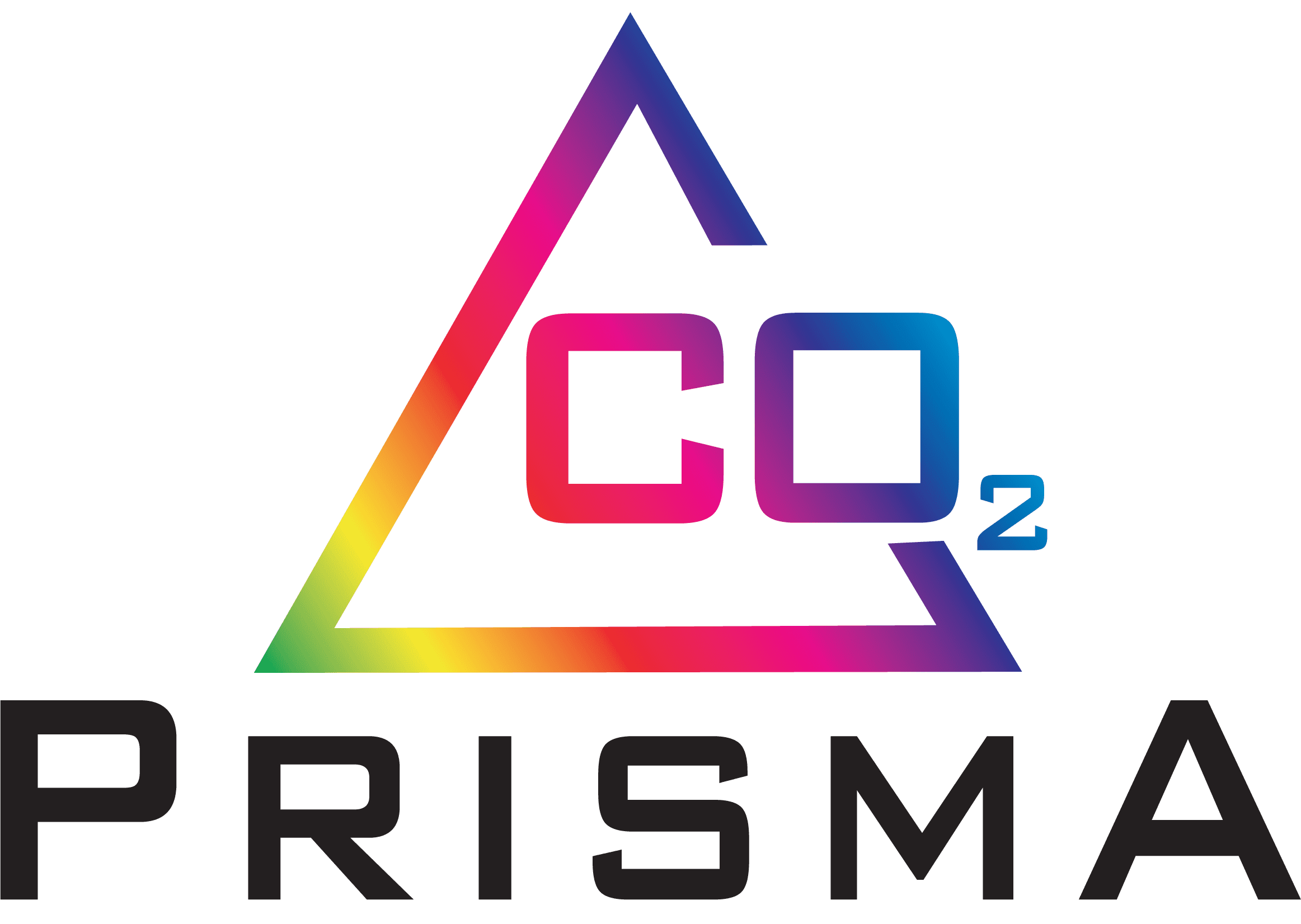I am PrISMa's project manager and work closely with the project coordinator and also the principal investigators. In addition to my research activities, I am involved in project management of multidisciplinary consortium CCUS projects at RCCS.
Research interests: CCS, porous materials, fluid flow characterization
As part of the PrISMa project, I am leading the WP1 (on identification of the separation matrix and metrics) process modelling activities at Heriot-Watt University, which mainly focus on the integration of different materials into adsorption processes and process design, performance evaluation, and optimization.
Research interests: Adsorption processes, gas separation, process design and evaluation, process optimization, carbon capture technologies
Having a BSc in Chemical Engineering, my research primarily focused on adsorption and the related aspects, e.g. material synthesis, characterisation, crystal structures, equilibrium, and kinetics. My PhD project, 'Novel sorbent integrated with waste heat regeneration for industrial carbon capture' is part of a joint collaboration between Heriot-Watt University, Newcastle University and University of Sheffield, in which the main focus is to develop layered double hydroxides (LDHs) based mixed metal oxides (MMOs) for high temperature CO2 capture.
Research interests: Adsorption equilibrium, adsorption kinetics, material development, CO2 capture, solid sorbent.
I am working on the synthesis of different adsorbents for CO2 capture and designing and building different fix and fluidized bed reactors for lab testing. As part of PrISMa, I am leading the WP4 and I am directly involved in WP3. I have an extensive experience in lab scale and pilot plant set-ups, discontinuous and continuous operation, in synthesis characterization and testing of carbon materials, nanoparticles and metal oxide particles.
Research interests: CO2 capture technologies, MOFs, Fix and Fluidized bed reactors.
My area of research focuses on the development of novel MOF photocatalysts capable of converting CO2 into value-added products such as carbon monoxide, methane, or methanol. My role within the PrISMa project is to assist in the performance evaluation of materials produced in WP3. As a graduate chemist, I bring experience in testing materials and experimental design.
Research interests: MOF synthesis, MOF photocatalysis, CO2 capture and utilisation, sustainable chemistry
As part of PrISMA project, I am actively involved in both WP3 (Material synthesis and characterization) and WP4 (Performance testing of process-informed novel materials). In this context, my research activities focus on: 1) Preparation of reference and promising MOFs, and their extensive characterization, and 2) Dynamic and cyclic performance testing of materials synthesized in WP3 and the development of effective processes.
Research interests: CCS technologies, adsorption processes, metal-organic frameworks, fix and fluidized bed reactors
I am a PhD student at the RCCS where I explore how big-data science can be applied to material databases to identify high-performing carbon capture materials. As part of my PhD, I aim to develop multiscale workflows that help us find correlations between the properties of materials and their performance in the process.
Research interests: Big-data science, Carbon Capture, Metal Organic Frameworks, Adsorption
My current research focuses on homogeneous catalysis for the capture and conversion of CO2 into a profitable product. I am designing a fixed bed reactor for this task which can operate at high temperatures with a CO2 gas inlet. I have experience in the synthesis and analysis of many materials including perovskites, polymers and inert inorganic compounds.
Research interests: Homogeneous catalysis, synthesis and analysis, CO2 capture and utilisation, reactor design
My primary activities in Prisma are in WP1, where I focus on process modelling and economic analysis, source-sink matching, and value chain analysis. My main interest here is in sorbent-based CO2 direct air capture (DAC), trying to discover new potential sorbents, and once synthesised and tested (WP3 and WP4), to develop optimised adsorption processes for these sorbents.
Research interests: Process modelling; Direct Air Capture; techno-economic-environmental analysis; advanced uncertainty analysis
I am a PhD student in the Research Centre for Carbon Solutions at Heriot-Watt University. My PhD is focussed on direct air carbon capture and the potential application of adsorption to this issue. In particular, I am interested in modelling and optimising DAC processes as well as the competition between CO2 and the other constituents of air.
Research interests: Direct air capture, process modelling, adsorption, chemisorption, optimisation
I am a PhD student at the RCCS. My research area focuses on the photocatalytic reduction of CO2 to value-added chemicals and fuel over MOFs based photocatalysts. For this research I will investigate the performance of plasmonic-MOFs photocatalysts, I also aim to develop a kinetic model that help us design the reactor using for CO2 reduction reaction.
Research interests: Catalysis, Plasmonic photocatalysis, CO2 utilization, CH4 conversion, reactor
I am mainly involved in WP1 of the PrISMa project, and my work is focused on the development of process models and cycle designs that can be integrated into the screening techno-economic platform. Based on the process system analysis, I am also investigating the optimal targets for materials development for selected combinations of CO2 sources and sinks.
Research interests: Adsorption kinetics, Adsorption processes, CO2 capture technologies




